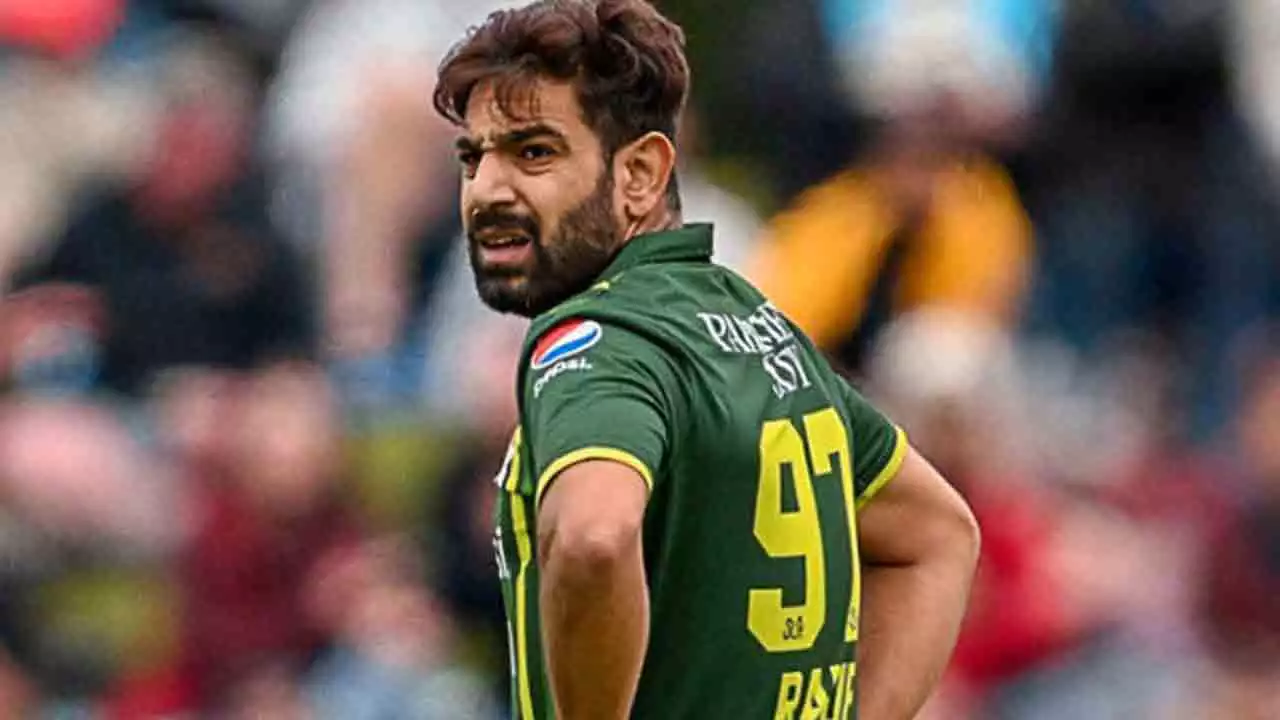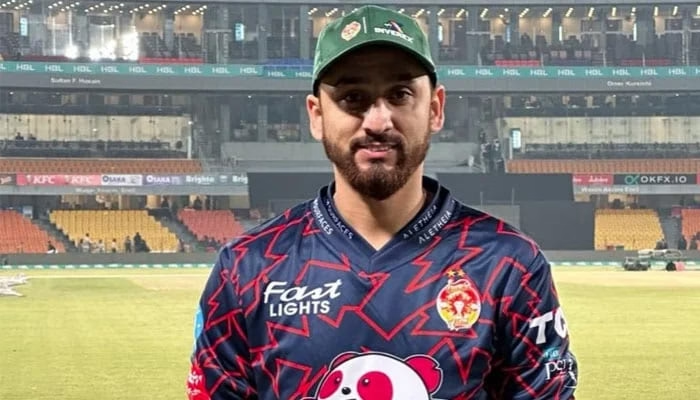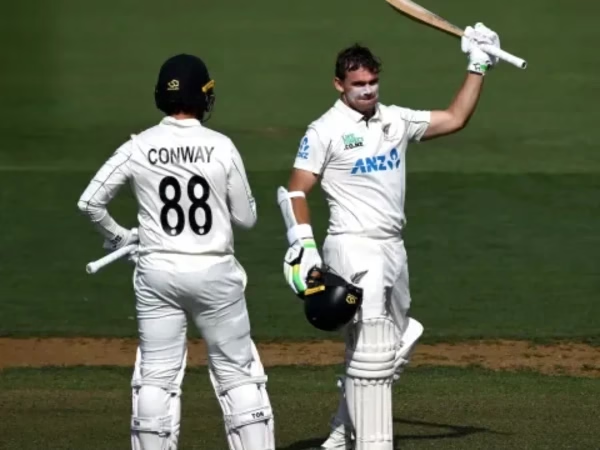In a significant move signaling a new era for Pakistan cricket, the Pakistan Cricket Board (PCB) has reportedly decided to overhaul the National Selection Committee, aiming to bring in selectors with stronger credentials and a clearer vision for team development. Sources within PCB have confirmed that at least three current selectors are likely to be replaced in the coming weeks.
End of the Road for Passive Selectors
The PCB is looking to move away from the culture of yes-men and towards selectors who make data-driven decisions and defend their picks with strong cricketing logic. According to insiders familiar with developments at the PCB headquarters, Aqib Javed appears to be the only selector whose position remains somewhat secure—at least for now. Other members of the current committee, including Aleem Dar, are unlikely to continue.
Former cricketers Asad Shafiq and Azhar Ali—previously involved in selection discussions—have reportedly become inactive. In fact, they were not even present during the selection of the final 16-member squad for the recent Bangladesh series, raising serious questions about their role and influence in the current setup.
Surprise Meetings and Power Plays
The shake-up also involved a surprise selection meeting at a five-star hotel in Islamabad, where two former Test players were suddenly invited to offer input. However, there’s no guarantee that either will become part of the new committee. Present at that meeting were Mike Hesson, Salman Ali Agha, Aqib Javed, Aleem Dar, and Hassan Cheema.
Sources suggest that Mike Hesson, who is also associated with Islamabad United, has been lobbying hard to bring in coaches and players from the franchise into the national setup, including Shadab Khan. Hesson’s efforts reportedly led to friction with existing coaches Azhar Mahmood and Mohammad Yousuf, both of whom are now out of the coaching setup.
Leadership Controversy: Captaincy Tug-of-War
A major topic during recent meetings has been the appointment of a new T20 captain. Before the New Zealand series, mentors and key former players, including Shoaib Malik, Waqar Younis, Misbah-ul-Haq, Saqlain Mushtaq, and Sarfaraz Ahmed, were consulted. Malik and Waqar, both earning hefty salaries of Rs. 5 million per month, did not attend the meeting, citing personal commitments.
The consensus from those present was to appoint Shadab Khan as T20 captain in place of Mohammad Rizwan. However, PCB Chairman Mohsin Naqvi was not convinced. He reportedly instructed the group to first consult Wahab Riaz and explain why Shadab, who is currently struggling for a place in the team, should be named captain.
After this discussion, Salman Ali Agha’s name emerged as a compromise candidate, and it was agreed to move forward with him as the new T20 captain. This decision has raised eyebrows, with questions about experience and consistency looming over Salman’s leadership credentials.
Babar and Rizwan: Format-Specific Futures?
Another major shift is the uncertain future of Babar Azam and Mohammad Rizwan in T20 cricket. While both are likely to continue in ODI and Test formats, sources indicate that the selection committee is exploring fresher, more aggressive options for the T20 squad. A metaphorical “line has been drawn” under their names in T20 considerations for now.
PCB Draws the Line on Internal Politics
PCB leadership has reportedly sent a stern warning to Mike Hesson to stay out of internal politics and focus on his core coaching duties. The board is determined to make future coaching and selection appointments based purely on merit, with transparency and accountability as guiding principles.
With the 2025 cricket calendar packed with key events, including T20 World Cup preparations, PCB’s latest decisions reflect a no-nonsense approach to team building. While the restructuring is likely to stir short-term controversy, it signals a long-overdue commitment to performance, merit, and discipline.
The coming weeks will be crucial as the board finalizes the new selection committee and coaching staff. Fans and critics alike will be watching closely to see whether this bold reset leads to the revival of Pakistan cricket’s fortunes on the international stage.



